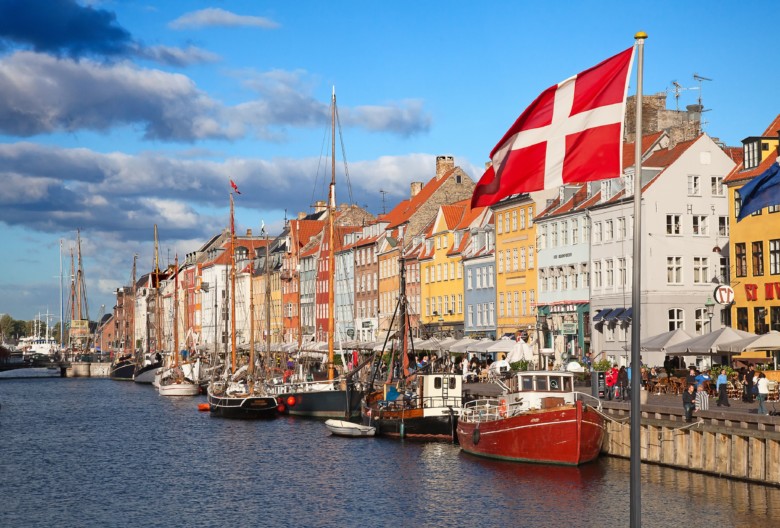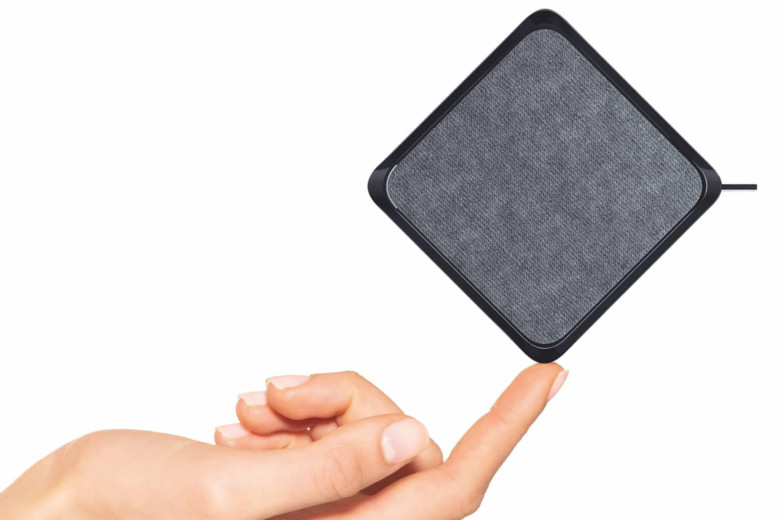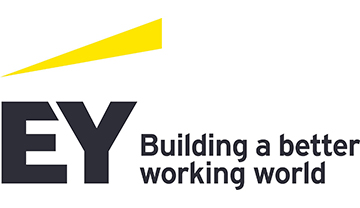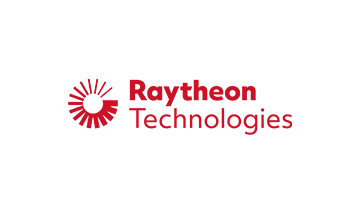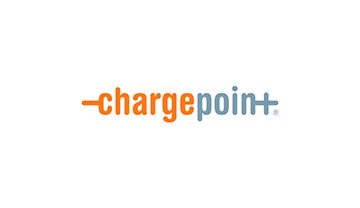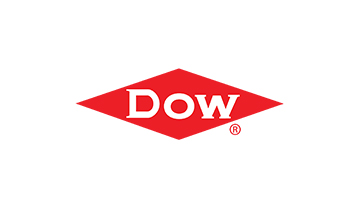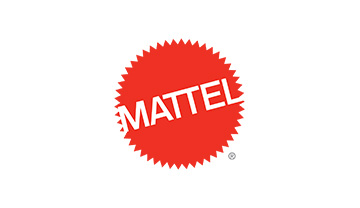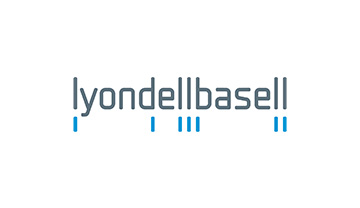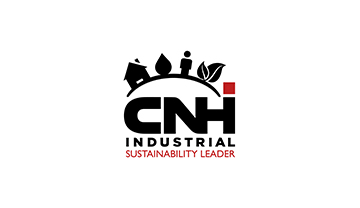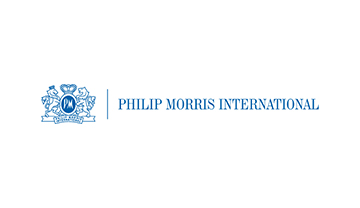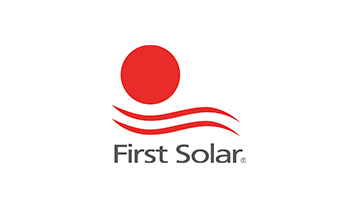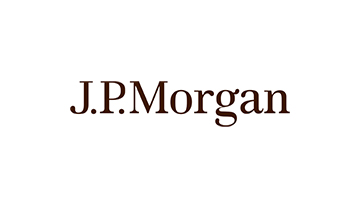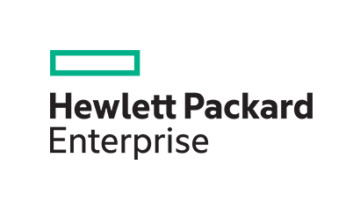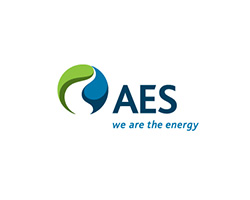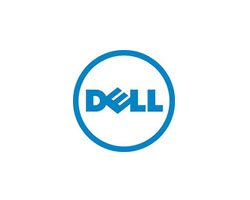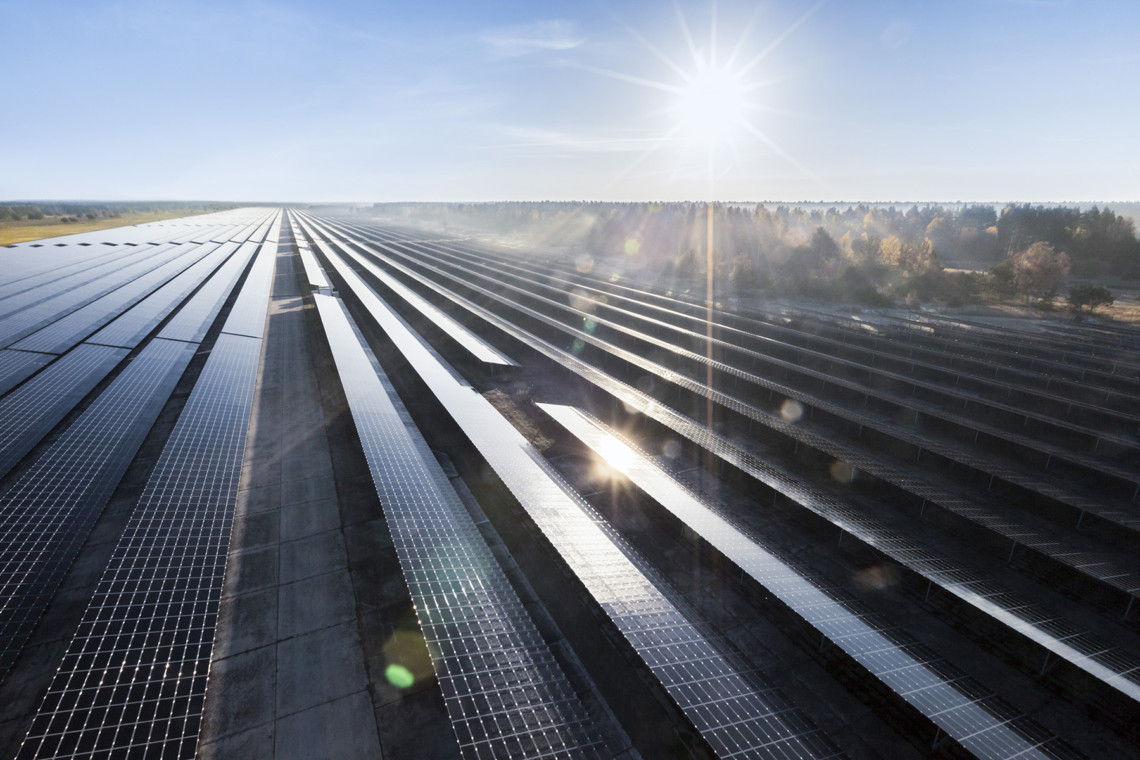
Solar energy is the fastest growing share of Europe’s renewable energy mix. In 2019, 132,500 MW of cumulated solar had been installed in the EU. Even the COVID-19 pandemic could not slow down this trend, as in 2020 a further 18,100 MW of solar was installed in the EU , an 18% increase on the annual deployment of the prior year. As the EU strives towards the Renewable Energy Directive’s goals of 32% renewables by 2030, solar will be an essential component of the European electricity grid.
Reducing energy footprint in manufacturing
First Solar is a leading global provider of responsibly-produced solar modules advancing the fight against climate change. The company has placed innovation at the heart of its business model, spending over $1.4bn cumulatively in the R&D of its differentiated photovoltaic technology. The company’s thin film technology encapsulates a semiconductor 33 times thinner than a human hair between two reinforced sheets of glass to generate clean electricity for 30+ years. These modules are manufactured in an automated environment that uses less energy, water and semiconductor material than other PV technologies. This resource-efficient manufacturing process ensures that First Solar modules have a carbon footprint up to 2.5 times lower, a water footprint up to 3 times lower, and an energy payback time up to 2 times faster than conventional solar panels. In just 4 months, First Solar PV modules installed in Europe produce more energy than was required to create them.
Making circularity pay
As the deployment of solar panels continues to grow exponentially, so too will the cumulative waste, as photovoltaic (PV) modules and systems reach the end of their useful life. By 2030, there could be as much as 8 million tons of decommissioned solar panels. That is why First Solar invested in high-value PV technology from the beginning, and today remains the only solar panel producer with global in-house PV recycling capabilities. The company’s high-value recycling recovers more than 90% of the semiconductor material for reuse in new First Solar modules and 90% of the glass for reuse in new glass products. One kilogram of First Solar’s semiconductor material can be recycled 41 times over, meaning that it has a useful life of more than 1,200 years. By 2030, the recoverable value from recycling end-of-life PV modules is estimated to amount to $450 million.
Sharing in Europe’s ambition
140,000 of First Solar’s Series 6 PV modules will form the basis of a new solar power plant in Bordeaux, set to come online at the end of 2021. The former municipal waste site of Labarde, which was designated as wasteland in 1984, is set to become the largest urban solar power plant in Europe at 65 hectares. According to the plant owner, the Labarde plant will have a capacity of 59MW – enough to cover the energy needs of 70,000 inhabitants. With over 1100MW of First Solar’s modules already installed in France across 400 projects, the Bordeaux plant further bolsters the company’s position as ‘the backbone of France’s solar fleet’.
About First Solar
First Solar is a leading global provider of comprehensive PV solar energy solutions with over 25GW installed in more than 45 countries which produces enough electricity to power more than 8 million average homes and displace nearly 12 million metric tons of CO2 per year, based on worldwide averages. First Solar’s advanced thin film photovoltaic (PV) modules represent the next generation of solar technologies, providing a competitive, high-performance, lower-carbon alternative to conventional crystalline silicon PV panels. From raw material sourcing and manufacturing through end-of-life module recycling, First Solar’s approach to technology embodies sustainability and a responsibility towards people and the planet.

More like this
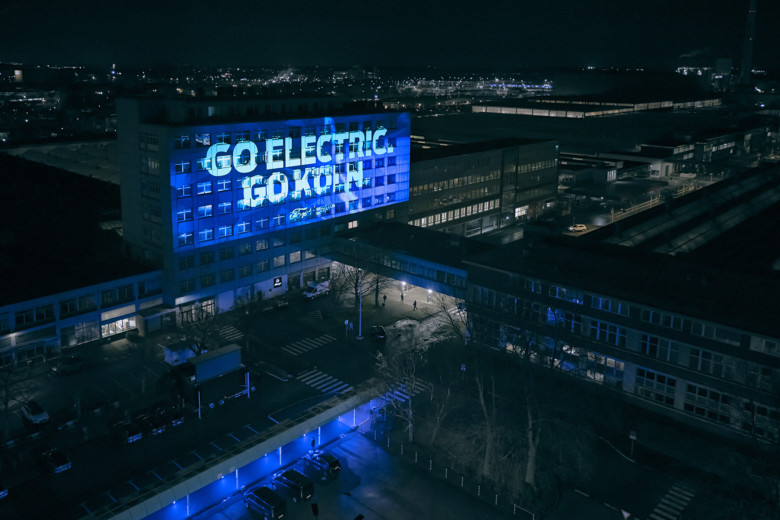
Shift towards zero-emission and digital mobility supports Green Deal objectives
Sustainable Mobility, The Green Way
